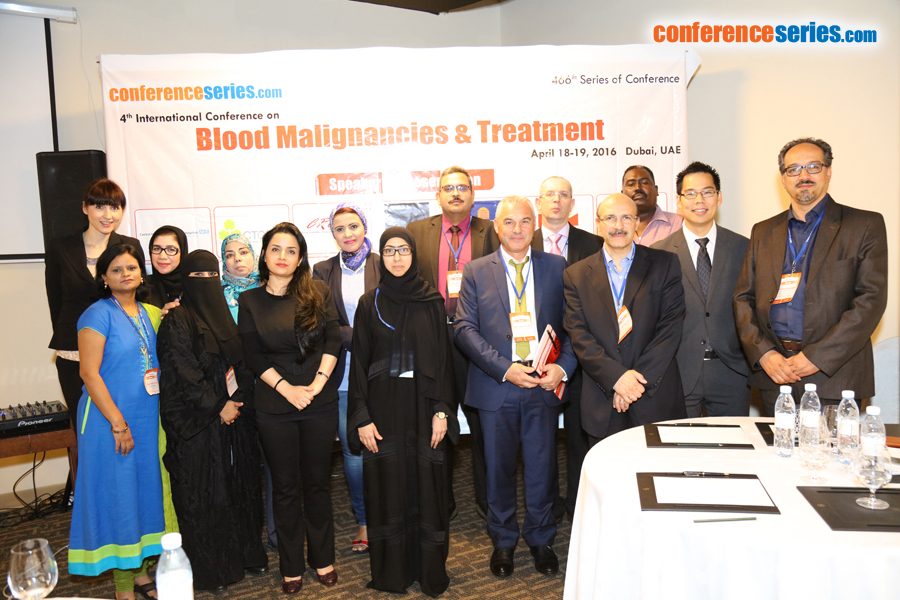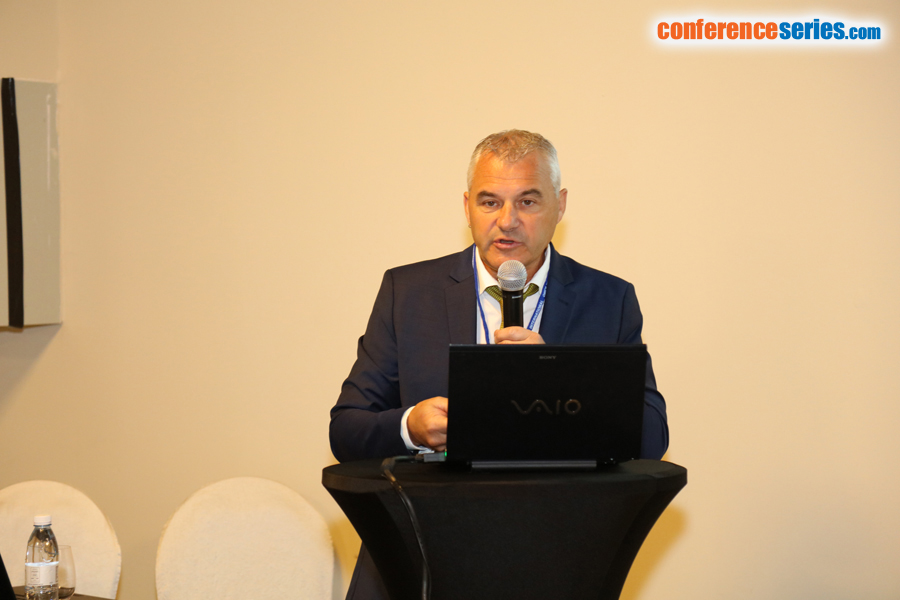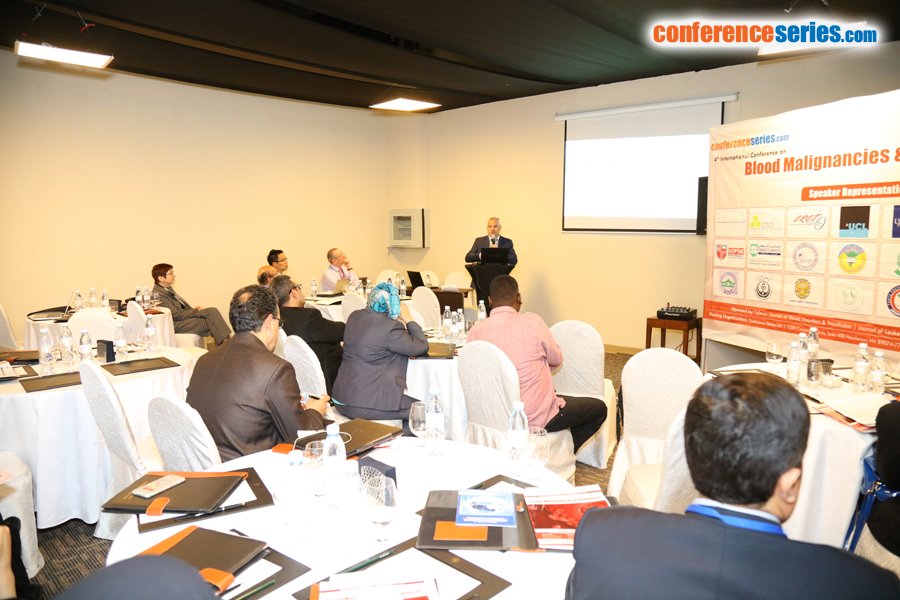
Jean Jacques Fournie
Cancer Research Center of Toulouse,France
Title: Stratifying patients for Immune checkpoint blockade cancer therapies
Biography
Biography: Jean Jacques Fournie
Abstract
Non-Hodgkin’s B-cell lymphomas (B-NHL) are aggressive lymphoid malignancies which develop in patients due to oncogenic activation, chemo-resistance and immune evasion. Tumor biopsies show that B-NHL frequently deploys several immune escape strategies, a problem for the development of checkpoint blockade immunotherapies in these diseases. In particular, there are currently no means to identify those B-NHL patients most likely to respond to the new therapeutic antibodies. Meta-analysis of large series of microarrays from B-NHL biopsies is necessary to assess their immuno-edition, but material (single datasets) and methods to do this are currently lacking. This talk will present a new data mining strategy to do so, and their results in large cohorts of ~1500 patients with B-NHL. This approach was validated by producing scores fully matched to phenotypic hallmarks of B-NHL. Then, immune escape in patients was investigated by this method, and revealed a significant immune escape in most samples of DLBCL and FL, but fewer in MCL and MZL. Both gene expression patterns and overall survival data evidence four stages of cancer immuno-editing in B-NHL: • Non-immunogenic tumors (stage 1) • Immunogenic tumors without immune escape (stage 2) • Immunogenic tumors with immunoescape (stage 3) • Fully immunoedited tumors (stage 4) Scores characterizing immunoescape stages 3 and 4 (76% of FL and DLBCL samples in the dataset) identify those B-NHL patients relevant for immune checkpoint blockade therapeutics. Beyond, the consequences of these findings will be discussed in the more general context of molecular profilings for cancer treatment.



